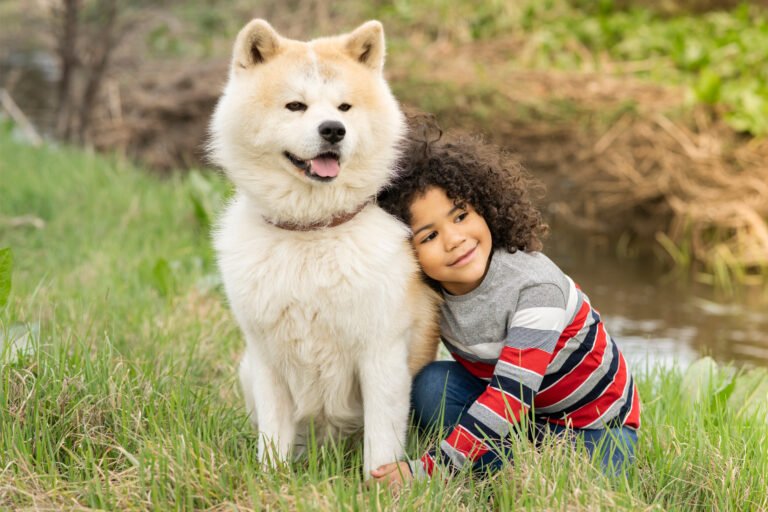Bringing a new puppy into your life is an exciting and heartwarming experience. However, the journey to finding the perfect furry friend begins with a crucial decision – where to get your puppy from. The choice between ethical breeders and less scrupulous options can have a profound impact on your dog’s health, behaviour, and overall well-being. In this blog, we will explore the significance of obtaining a puppy from an ethical breeder, what defines ethical breeding practices, and how to identify red flags when searching for your four-legged family member.
Why choose an ethical breeder?
Ethical breeders prioritise the health and well-being of their dogs. They conduct comprehensive health tests on their breeding dogs to screen for genetic conditions common in the breed. These tests help ensure that puppies have the best chance of being healthy and free from hereditary diseases. They also adhere to responsible breeding practices, which include regular veterinary care, proper nutrition, exercise, and socialisation for their puppies. By providing early socialisation and basic training for their puppies, they expose them to various environments, people, and experiences, helping them become well-adjusted and confident pets. Overall, ethical breeders produce healthier puppies with a reduced risk of hereditary diseases and behavioural issues, ensuring a happier and longer life for your furry companion.
Ethical breeders also prioritise the welfare of their dogs over profit. They carefully plan breedings to improve the breed, avoiding excessive breeding and inbreeding, which can lead to genetic problems. Responsible breeders take responsibility for the puppies they produce, ensuring they find loving, permanent homes and are not surrendered to shelters or rescues. They carefully screen potential buyers, ensuring that the puppy will be going to a suitable home. In cases where owners find the puppy is not suitable anymore, the breeder with take back the pup in a heartbeat and have a plan for rehoming. Ethical breeders also offer guidance and support to new puppy owners, recognising that the journey doesn’t end when the puppy leaves their care.
It is also important to remember that ethical breeders are typically experts in their chosen breed. They have an in-depth understanding of breed standards, genetics, and the specific needs of the breed. This knowledge allows them to make informed decisions when selecting breeding pairs and to provide valuable guidance to puppy owners, ensuring a positive experience for both parties.
They are transparent about their breeding practices and share information about the puppy’s parents, health records, and any potential issues or concerns. They encourage prospective puppy buyers to ask questions and visit their facilities.
Red Flags from Breeders:
- Lack of Health Testing – A breeder who does not perform health testing on their breeding dogs may not be prioritising the health of the puppies.
- Frequent Litters – Breeders who produce multiple litters each year without giving the mother sufficient rest between pregnancies may be more focused on profit than the well-being of their dogs.
- Unsanitary Conditions – A breeding facility that is dirty, overcrowded, or appears neglected is a sign of a breeder who may not provide adequate care for their dogs.
- Reluctance to Answer Questions and lack of knowledge about the breed – If a breeder is unwilling to answer questions or share information about their breeding practices and the puppy’s parents, it’s a red flag.
- No Contract – Ethical breeders provide written contracts that outline responsibilities for both the breeder and the puppy owner. A breeder who doesn’t offer a contract may not be committed to the puppy’s welfare.
- Limited to no questions for their buyers – If breeders do not ask you questions about your lifestyle, home environment and more, it is a sign that they are not invested in their puppies as an ethical breeder would be.
- Charging more for ‘rare’ coat colours – Ethical breeders are not focused on making a profit, instead they care about giving their puppies to suitable, loving homes.
- Selling puppies early – It is crucial that puppies stay with their mother until 8 weeks old, and any breeder that is allowing owners to pick up early prior to this age are a red flag and don’t know enough about breeding.
Choosing an ethical breeder when adding a puppy to your family is a decision that can impact your life and the life of your furry companion for years to come. Ethical breeders prioritise the health, happiness, and well-being of their dogs and puppies, and they are committed to responsible breeding practices. By identifying and avoiding red flags when searching for a breeder, you can ensure that you provide a loving home for a well-cared-for and healthy puppy who will bring joy to your life for many years.





